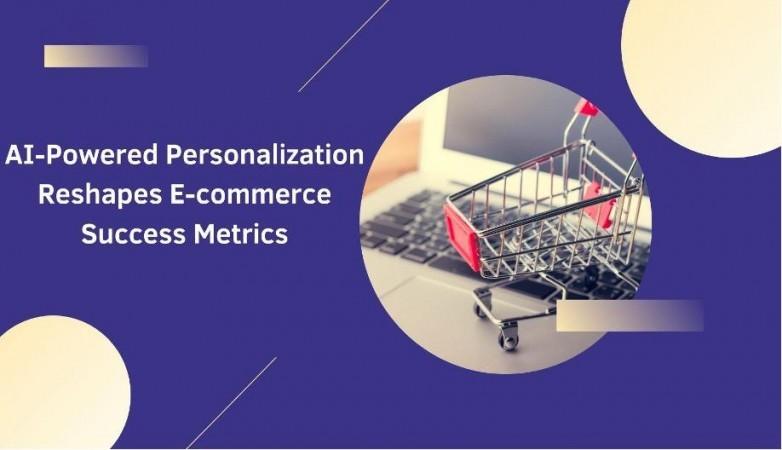
In a groundbreaking analysis of e-commerce personalization trends, researcher Ritu Godbole from a leading Indian university presents comprehensive findings that showcase how advanced personalization technologies are transforming digital retail operations and customer engagement strategies.
The Digital Revolution in Customer Experience
Digital retail businesses embracing advanced personalization strategies have achieved remarkable results, with market analysis revealing a 40% boost in revenue compared to industry standards. These technological innovations deliver impressive dual benefits – slashing marketing costs by 50% while simultaneously improving marketing efficiency and customer acquisition rates by up to 30%. This data clearly shows that personalization has evolved into a fundamental driver of success in modern digital commerce.
Redefining Customer Loyalty Through Technology
Modern shoppers have fundamentally shifted their priorities, with experience now often trumping price considerations. Research reveals that 73% of consumers rank their overall shopping experience as a critical factor in purchase decisions. This preference for quality interactions is so strong that more than 40% of customers actively choose to pay premium prices for better experiences. Traditional advertising has taken a back seat to positive brand interactions, with nearly two-thirds of consumers finding meaningful engagement more influential in their buying choices. This dramatic shift underscores the essential role of personalization in modern retail success.
Breaking New Ground in Engagement Metrics
AI-powered personalization engines have fundamentally changed how businesses connect with customers. Over half of organizations now prioritize personalization in their digital strategies, seeing significant returns on their investments. The impact is clear in the numbers: companies are spending nearly 30% less to acquire new customers while simultaneously increasing customer lifetime value by almost 40% through improved engagement and targeting.
Innovation in Real-Time Analytics
Real-time data processing and AI-powered personalization have revolutionized retail performance metrics. Intelligent product recommendation engines have boosted cross-selling success rates by nearly one-third, while dynamic pricing systems have increased profit margins by 24% without compromising customer satisfaction. This demonstrates how advanced personalization technology drives both revenue growth and profitability, benefiting retailers and customers alike.
Mobile Commerce Takes Center Stage
Mobile commerce has emerged as a key beneficiary of personalization technologies, with engagement rates jumping by over a third on mobile platforms. Desktop users also spent significantly more time interacting with personalized content, showing a 28% increase in engagement. Most notably, personalized search capabilities have streamlined the shopping journey, cutting the time to purchase nearly in half.
Technical Infrastructure Evolution
Behind effective personalization lies a robust technical infrastructure designed to handle massive user demands. Modern e-commerce platforms must process up to 100,000 concurrent sessions hourly while maintaining ultra-fast response times under 100 milliseconds. This sophisticated backend architecture ensures customers experience seamless, personalized interactions regardless of traffic volume.
Security and Privacy Advancement
Modern e-commerce platforms have mastered the delicate balance between personalized experiences and robust privacy protection. By implementing comprehensive data safeguards alongside personalization features, businesses have seen customer trust surge by 42%. The integration of advanced encryption and security measures has reduced privacy concerns by over 35%. This success proves that personalized shopping experiences can thrive while maintaining strong data protection standards.
Future-Ready Analytics Infrastructure
Multi-layered analytics systems have become crucial for effective personalization strategies, combining sophisticated data collection with advanced analysis capabilities. Organizations that have implemented these comprehensive systems are seeing remarkable results: customer engagement has improved by nearly 40%, while conversion rates have jumped by 41%. These metrics demonstrate how robust analytics capabilities directly translate into improved business performance.
In conclusion, as highlighted in Ritu Godbole‘s research, the evidence suggests that organizations leveraging personalization technologies while maintaining robust technical infrastructure and analytical capabilities are best positioned to capture market opportunities and sustain growth in an increasingly competitive digital landscape.



